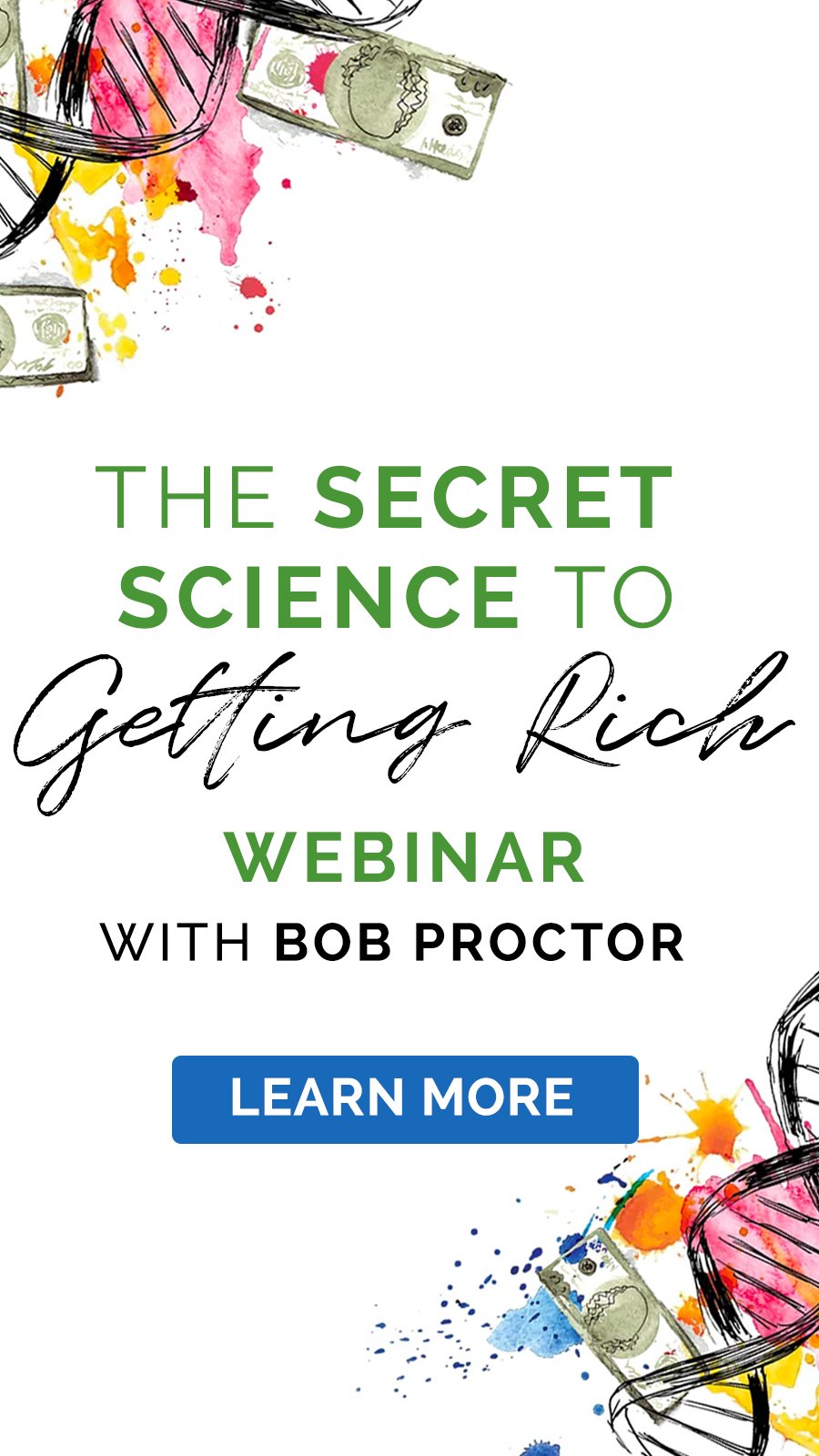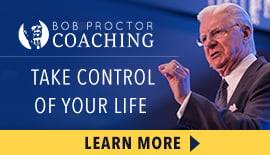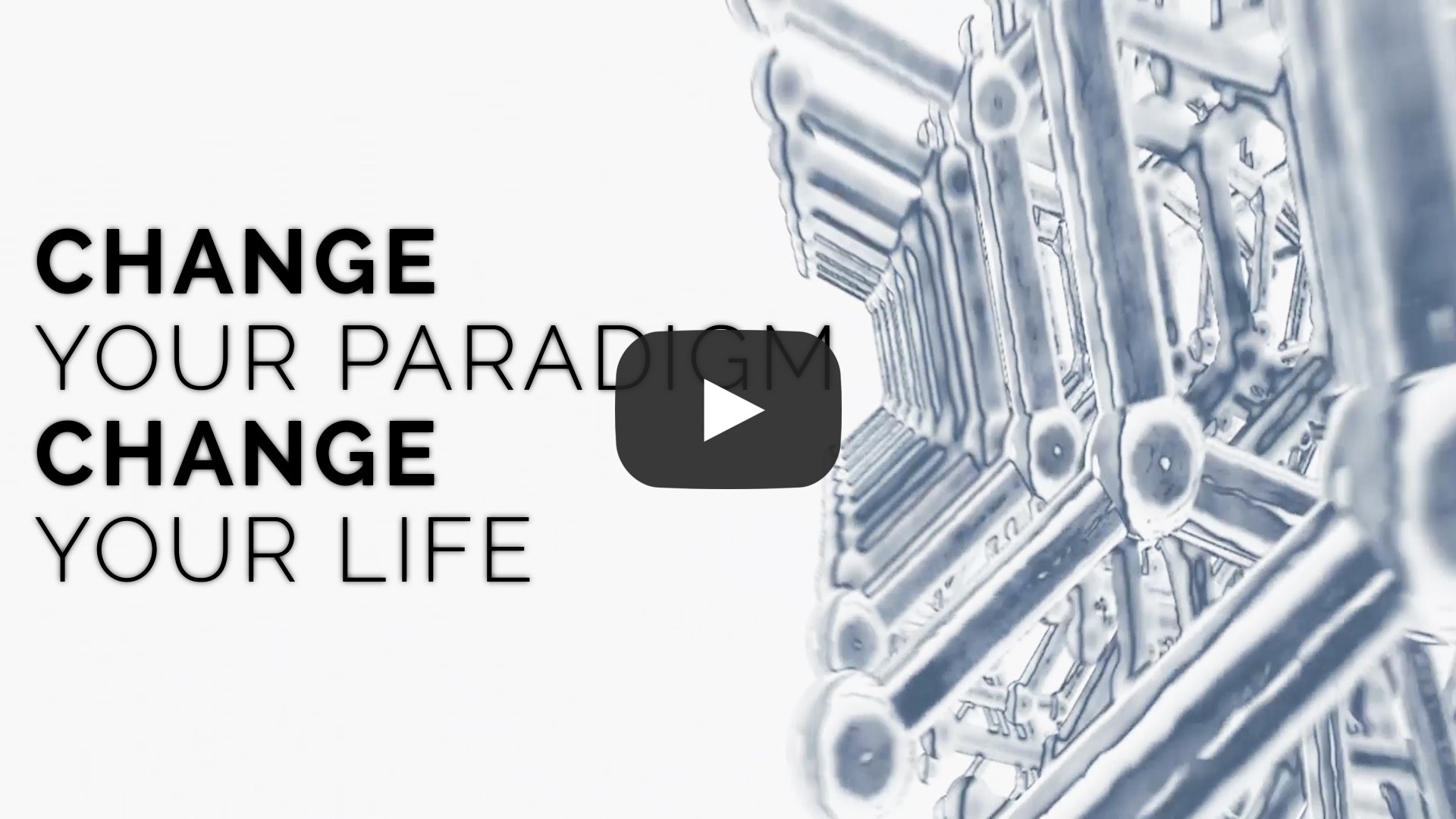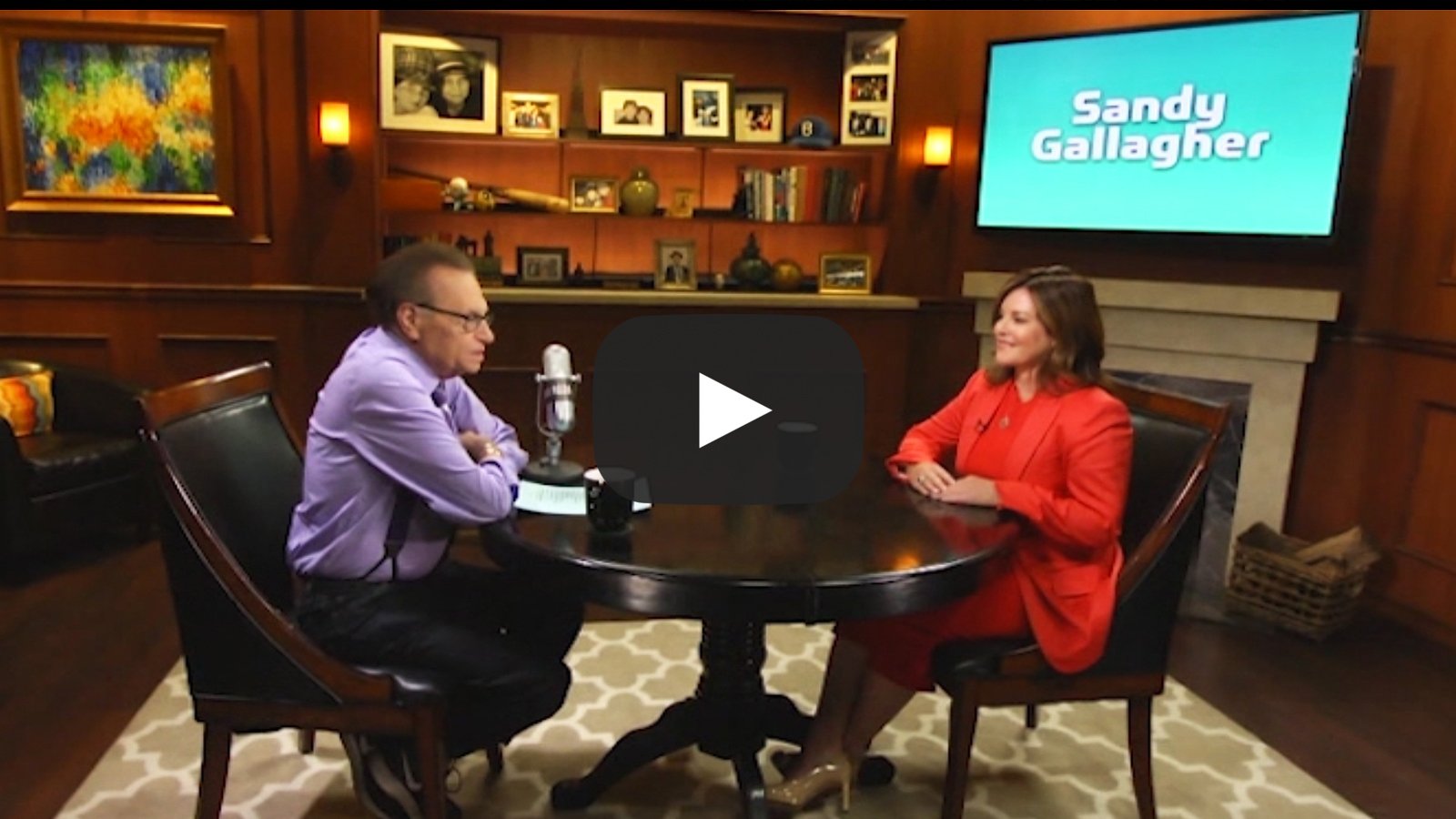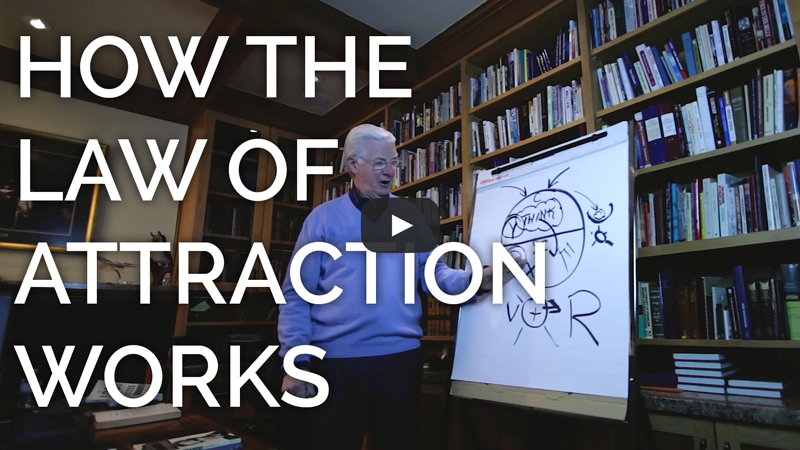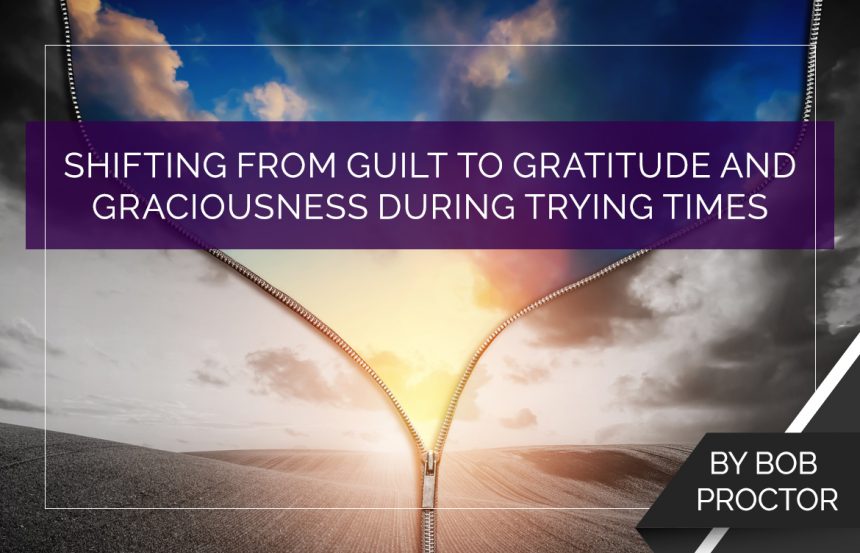
I’ve lived through an economic depression, a World War, and the 1968 flu pandemic. I’ve been fired from jobs within hours, and I’ve run multimillion-dollar companies. I’ve been poor, and I’ve earned (and lost) millions of dollars.
However, I’ve never seen a year with as many global challenges as 2020.
Still, even though most of us have not faced our usual everyday circumstances for much of 2020, it hasn’t been all doom and gloom. We are feeling both sad and happy, or nervous but excited, at the same time.
That’s normal. It’s rare to have pure emotions. But, at times like this, you may find yourself experiencing a cocktail of unusual emotions.
Rare emotions during unprecedented times
Since it has been a devastating year for so many around the world, many others feel guilty about their own good fortune.
Unfortunately, guilt is one of the most destructive emotions you can have. It’s negative energy that you direct toward yourself for something you did or have that you think is wrong.
The pandemic, economic downturn, and social unrest of 2020 can leave you with feelings like the following:
I feel guilty that I have such a nice place to live while others have lost their home or cannot socially distance.
I feel guilty others have died and lost loved ones, and I have not.
I feel guilty about feeling happy about my life when so many people are suffering.
I feel guilty I still have a good job (or a successful business) and others don’t.
I feel guilty for not doing more to help people in need.
I understand why you may feel that way. However, I also know that it’s not the right place to hang out.
Guilt is a harmful emotion that we were programmed with during childhood. It stunts your growth in all areas of your life, so you need to get rid of it.
Instead of feeling guilty about something you’ve done or have, there’s a healthier and more productive way to deal with this destructive emotion…
Shift from guilt to gratitude
While guilt is one of the most destructive emotions you can have, gratitude is one of the most positive and healing ones.
Fortunately, it is surprisingly easy to shift from guilt to gratitude. So, I want you to lean in and pay attention here.
All you have to do is shift your focus. Instead of thinking about what’s making you feel bad or what you don’t want, think about what you have or want and feel grateful for it.
Here’s how this might look for the situations listed above:
I am so happy and grateful that I have a safe and comfortable place to live while keeping myself and others safe.
I am so happy and grateful that my loved ones and I are healthy, and I pray for people’s safety and health around the world.
I am so happy and grateful for my abundance. My good feelings about life radiate outward, helping everyone I talk to or encounter feel better.
I am so happy and grateful that I have a job (or business) that I thoroughly enjoy and that more people are returning to work or creating new businesses each day.
I am so happy and grateful that I am always mindful of others’ needs and my words and actions are always helpful to them.
Instead of feeling guilty about something and thinking, “I don’t deserve this,” think, or better yet, feel that you deserve everything that you genuinely want. Every one of us deserves safety, contentment, and a better life.
The fact that you have more and better is not the problem. The issue is gratitude feels better and is more useful than guilt. Guilt rarely results in positive behavior. However, great things flow from a heart of gratitude
Now, if you struggle with shifting from guilt to gratitude, start by repeating or writing the following affirmation several times a day:
“I willingly release the thoughts and things that clutter my mind and prevent me from feeling good about myself.”
With time, you’ll feel the thoughts and feelings that make you feel guilty will fade away. Then, you will be able to start feeling grateful for the good things in your life.
Now, act on it
When you move from guilt to gratitude, you are in a position to take positive action.
For instance, if you feel guilty that other people are suffering or don’t have as good as you, say to yourself, “I feel so grateful for my health and total wellbeing.”
Then allow yourself to feel that gratitude deep inside. I want you to really feel it. Then, breathe a slow sigh of relief.
Let that warm feeling create an impulse to do something that channels your gratitude into a good deed.
You might write a thank you note to a frontline worker or donate goods or food to a shelter or food bank. Or you might feel inclined to contribute to a cause that moves you or start a business that will serve those you think are most in need.
The point is sitting around feeling guilty doesn’t help anyone. However, gratitude can.
To your success,
Bob Proctor

